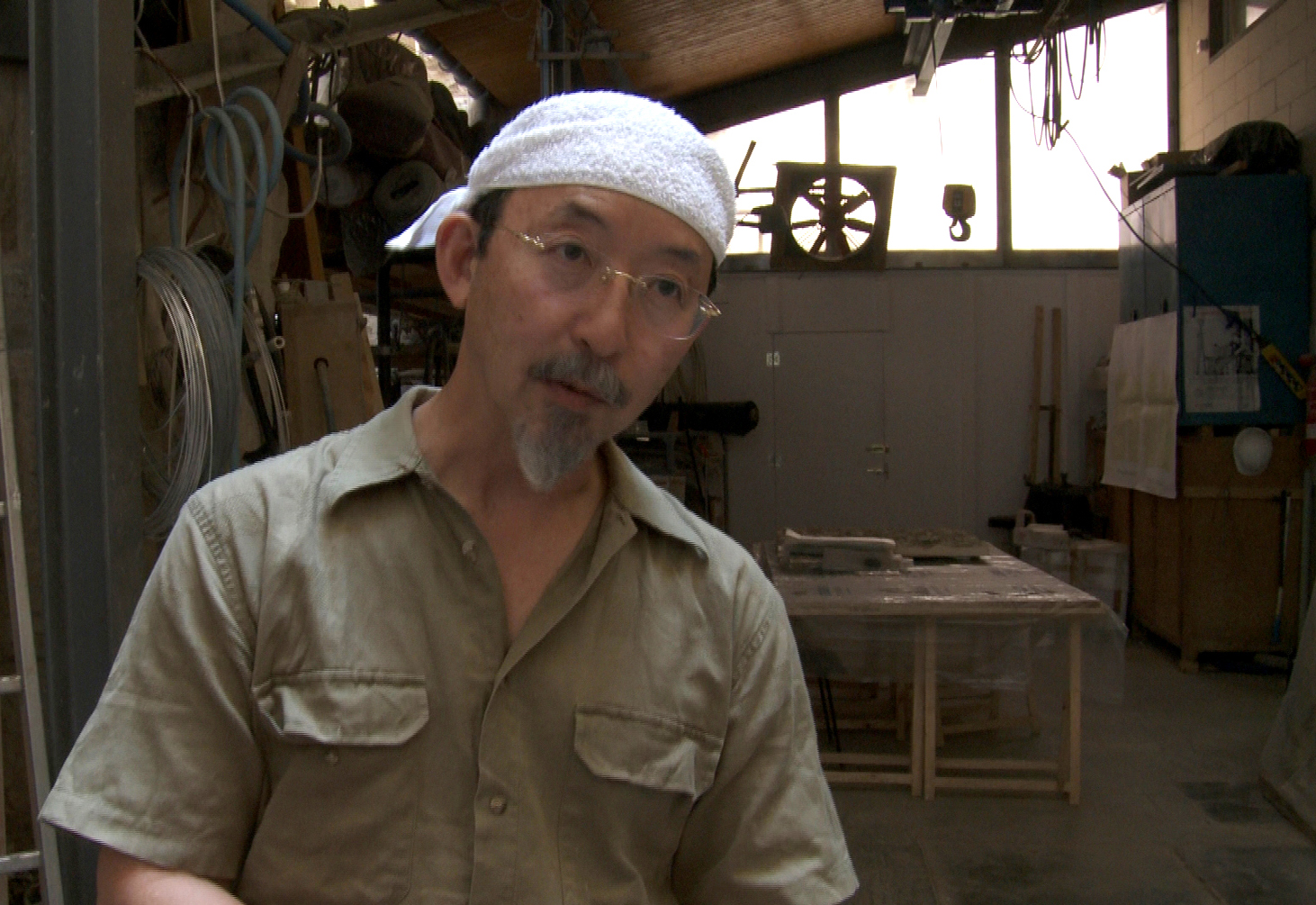A very dear friend of mine, a psychologist whose life ended abruptly and far too soon, once told me that the children of psychologists are some of the most screwed-up people on earth. The doctor/parent may minister quite well to patients, yet for whatever reason(s), his/her own children are often in certain ways left at the starting gate. Why this should be -- the age-old choice of placing job ahead of family or maybe simple hypocrisy/denial -- may not matter as much as the fact that, all too often, this cliche proves true.
TrustMovies thought about his old friend and that theory while viewing the very fine, almost-new (2016) Swiss film, DARK FORTUNE, directed and adapted by Stefan Haupt from Finsteres Glück by Lukas Hartmann.
Herr Haupt (pictured at right), who gave us the unusual documentary/ narrative combo, The Circle, back in 2014, here offers up a film full of events -- seen or remembered and some of these truly awful -- in such a quiet, considered manner that he, along with his excellent cast, manages to preclude melodrama while still giving us the necessary drama, allowing us to feel all of the emotion that goes along with it.
Events include a horrendous car accident that destroys a family and leaves one orphaned child, a fight between relatives over the care of that child, an excellent psychologist who is given temporary care of the orphan, and her own family that is going through -- yep -- its own "children issues."
Dark Fortune covers a lot of ground, but its near-two-hour running time allows that ground to be explored properly. If you appreciate stories of family, trauma, astute psychology and believable resolution, you won't be bored and will finish the film is a state of pleasurable relief.
The role of the child is taken by the appealing and talented young newcomer, Noé Ricklin (above), who combines vulnerability, fear and anger into quite a personality. His psychologist and helper, Eliane, is played by Eleni Haupt (above and below) with such a strong sense of conviction and understanding that she'll win you over just as she does her young patient.
Slowly, carefully we learn more about the boy's departed family members, as well as his remaining aunt and grandmother, and simultaneously we meet Eleni's two daughters and her estranged second husband (a very good job by Martin Hug, below, right).
Together, these quiet, beautifully observed scenes build up quite a head of steam and emotion, mostly by not allowing the characters to do so. The tightly constrained script, direction and performances combine to create a tale of trauma, loss and family secrets. Most interesting of all is how the film's center of interest moves from one family to the other -- and then brings it all together via a kind of off-the-cuff, spontaneous psychology and therapy that not only seem believable but also work. This is an all-around lovely, moving job of movie-making.
From Corinth Films, in German with English subtitles and running 116 minutes, the film hit the street on DVD -- for rental or purchase -- this past Tuesday, June 23, and can also be seen via Amazon Prime Video.


























